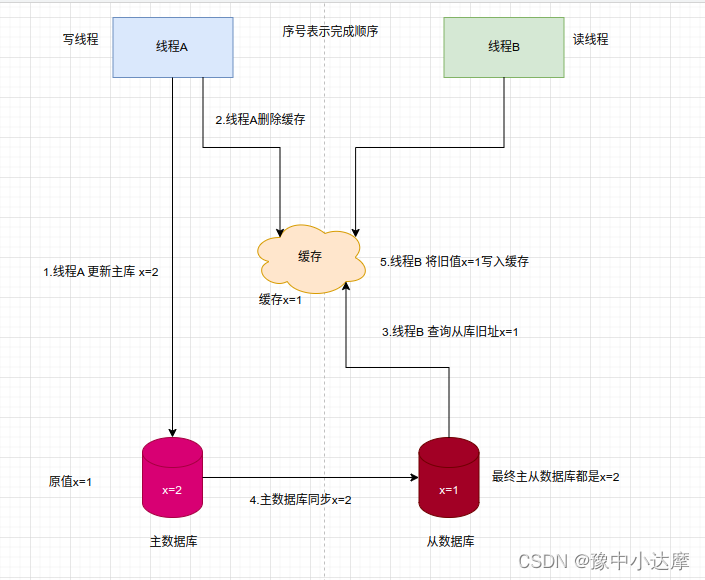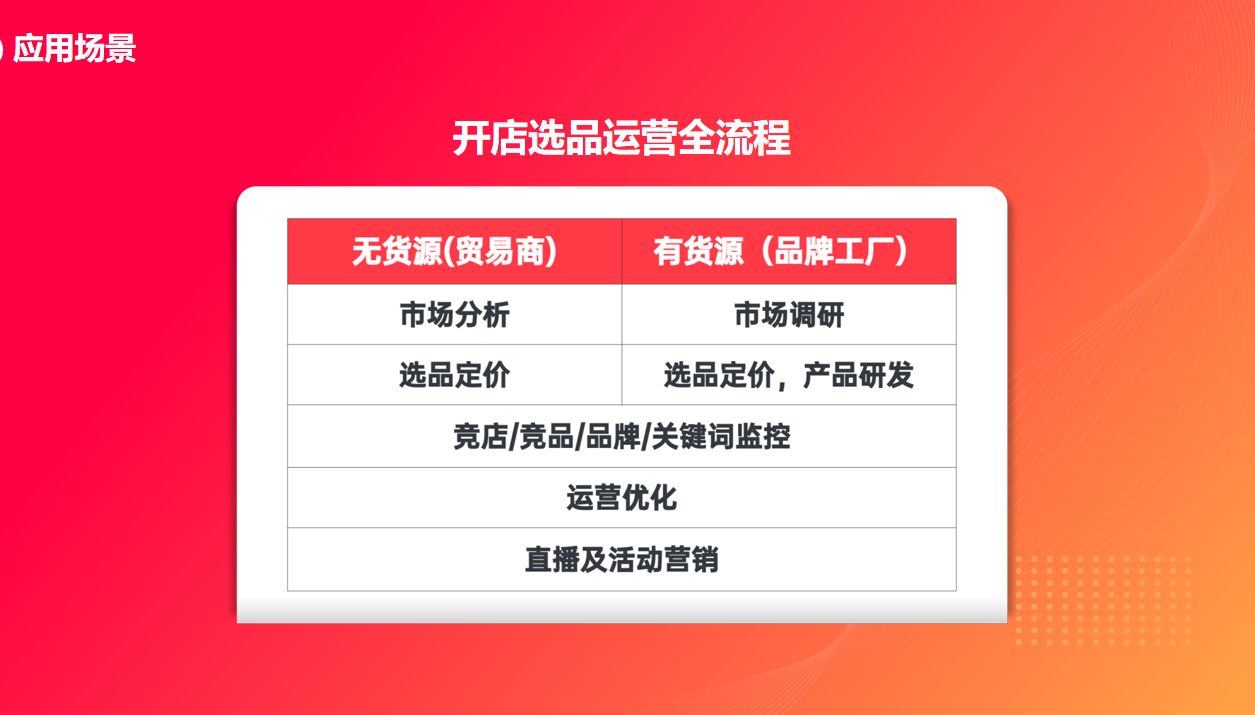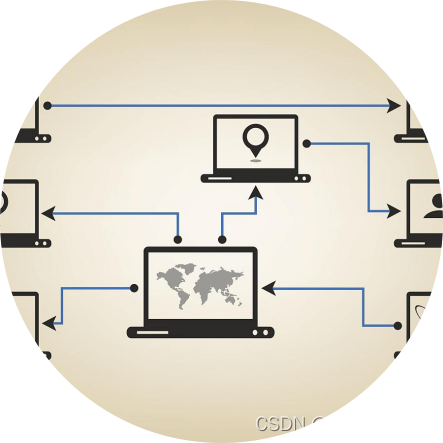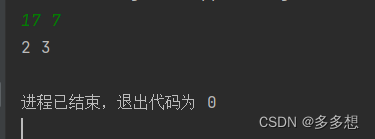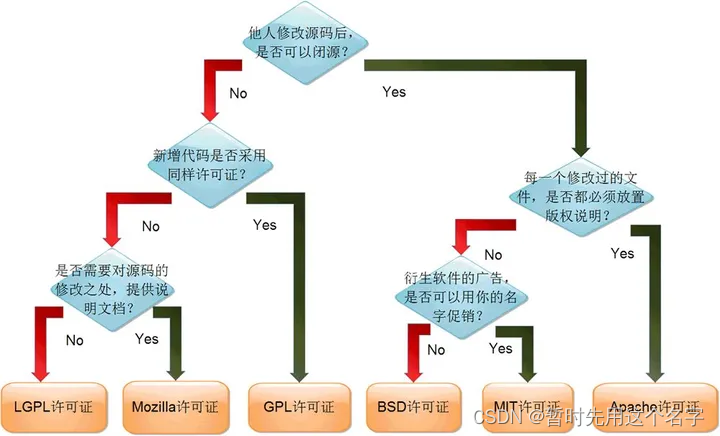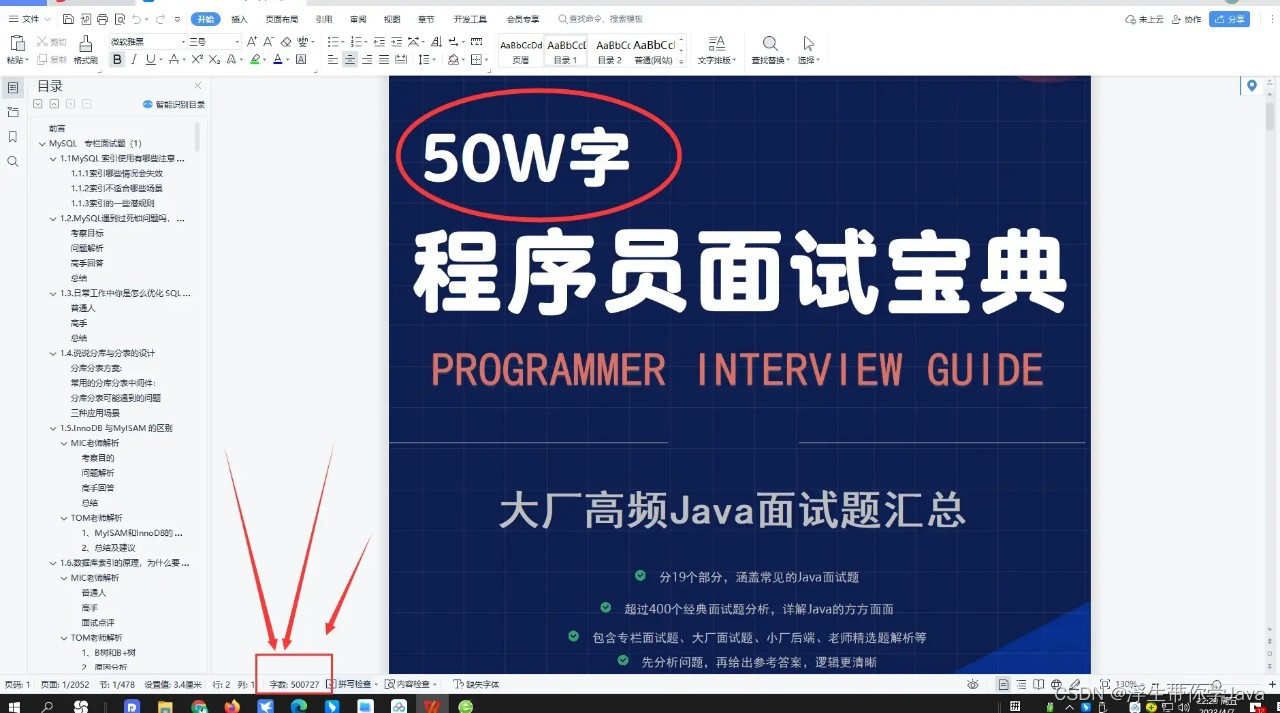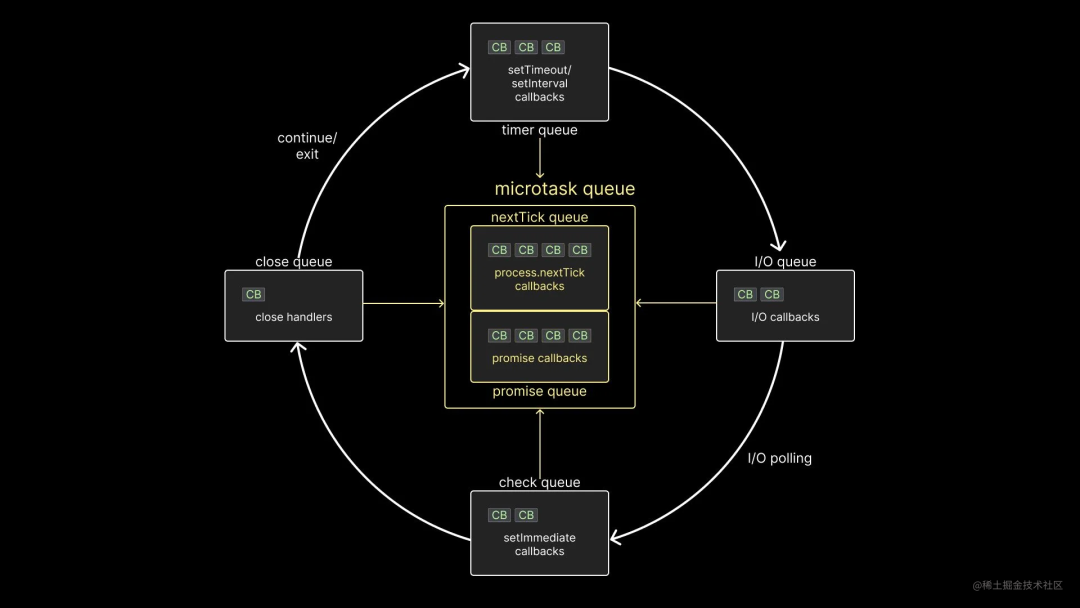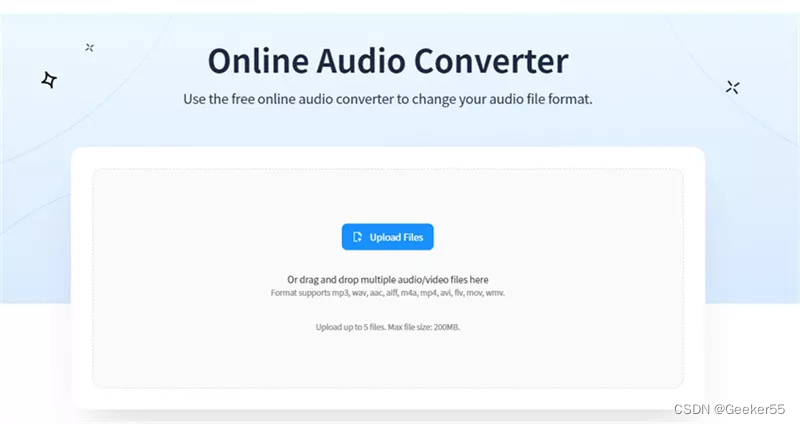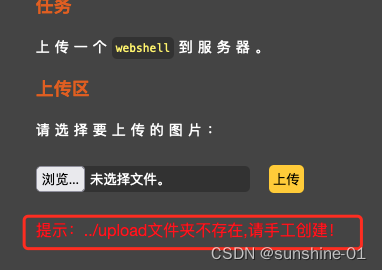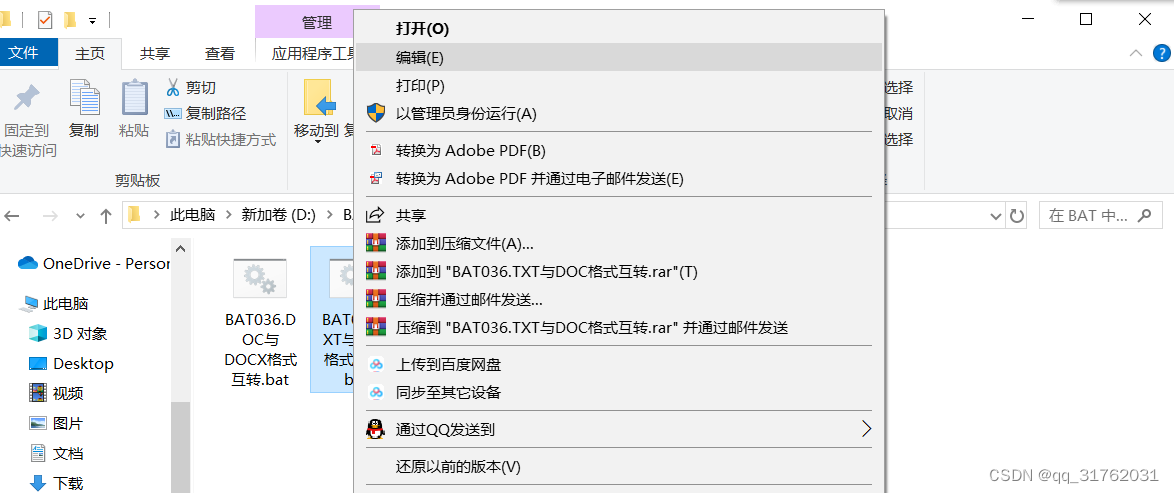


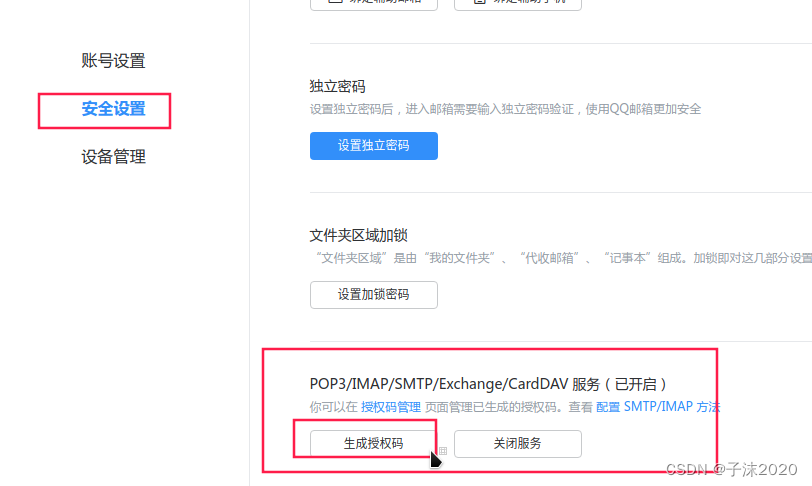
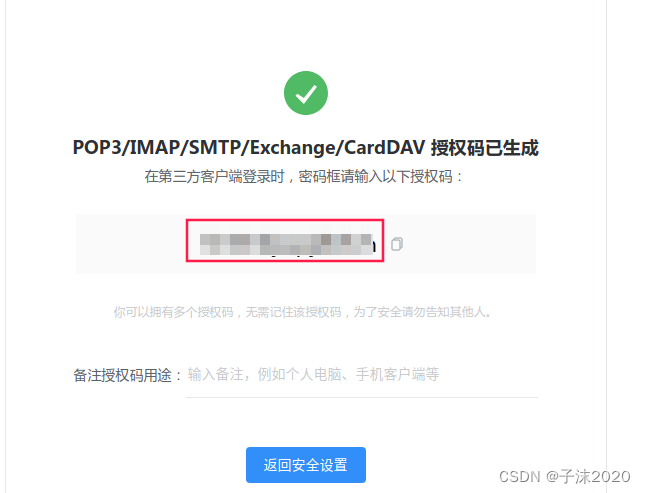
自己的授权码自己记好
引入依赖
<dependency>
<groupId>com.sun.mail</groupId>
<artifactId>javax.mail</artifactId>
<version>1.6.2</version>
</dependency>
<dependency>
<groupId>javax.mail</groupId>
<artifactId>javax.mail-api</artifactId>
<version>1.4.7</version>
</dependency>
controller层代码
package com.cao.controller;
import com.cao.pojo.Mail;
import com.cao.utils.EmailUtils;
import com.google.gson.Gson;
import lombok.extern.slf4j.Slf4j;
import org.springframework.web.bind.annotation.PostMapping;
import org.springframework.web.bind.annotation.RequestBody;
import org.springframework.web.bind.annotation.RequestMapping;
import org.springframework.web.bind.annotation.RestController;
@RestController
@RequestMapping("/api/email")
@Slf4j
public class SendEmailController {
@PostMapping("/send") // http://localhost:8080/api/email/send
public String sendEmail(@RequestBody Mail mail) {
Gson gson = new Gson();
log.info("输入的mail对象是: {}", gson.toJson(mail));
try {
EmailUtils.createMimeMessage(mail.getSendEmail(),
mail.getReceiveEmail(),
mail.getReceiveName(),
mail.getSubject(),
mail.getSendName(),
mail.getContent());
return "发送完成";
} catch (Exception e) {
log.error("发送出现了异常", e);
throw new RuntimeException(e);
}
}
}
Service层代码
package com.cao.utils;
import javax.mail.Session;
import javax.mail.Transport;
import javax.mail.internet.InternetAddress;
import javax.mail.internet.MimeMessage;
import java.util.Date;
import java.util.Properties;
public class EmailUtils {
/**
* 发件⼈邮箱密码 - 登录邮件开启 SMTP 服务后,邮件服务商⽣成的“授权码”
*/
public static final String authorizeCode = "oeqdschg1122lhgecbe12"; //自己的授权码替换下
/**
* 发件⼈SMTP服务器地址,⼀般的格式为:smtp.xxx.com,其中xxx为邮件服务商名称
*/
public static final String smtpHost = "smtp.qq.com";
/**
* 协议
*/
public static final String protocol = "smtp";
public static Session getEmailSession() {
// 参数配置,⽤于连接邮件服务器
Properties props = new Properties();
// 使⽤协议
props.setProperty("mail.transport.protocol", protocol);
// 发件⼈邮箱的 SMTP 服务器地址
props.setProperty("mail.smtp.host", smtpHost);
// 需要请求认证
props.setProperty("mail.smtp.auth", "true");
// 创建会话对象,⽤于与邮箱服务器交互
Session session = Session.getInstance(props);
// 设置为debug模式,在控制台中可以查看详细的发送⽇志
session.setDebug(true);
return session;
}
/**
* 发送邮件的工具类
*/
public static MimeMessage createMimeMessage(String sendEmail, String receiveEmail, String receiveName, String subject, String sendName, String content) throws Exception {
Session session = getEmailSession();
// 1.创建邮件对象
MimeMessage message = new MimeMessage(session);
// 2.设置发件⼈,其中 InternetAddress 有三个参数,分别为:邮箱,显示的昵称,昵称的字符集编码
message.setFrom(new InternetAddress(sendEmail, sendName, "UTF-8"));
// 3.设置收件⼈ - MimeMessage.RecipientType.TO
message.setRecipient(MimeMessage.RecipientType.TO, new InternetAddress(receiveEmail, receiveName, "UTF-8"));
// 4.设置邮件主题
message.setSubject(subject, "UTF-8");
// 5.设置邮件正⽂内容,指定格式为HTML格式
message.setContent(content, "text/html;charset=UTF-8");
// 6.设置显示发件时间
message.setSentDate(new Date());
// 7.保存设置
message.saveChanges();
// 8.根据 Session 获取邮件传输对象
Transport transport = session.getTransport();
// 9.连接邮件服务器
transport.connect(sendEmail, authorizeCode);
// 10.发送邮件
transport.sendMessage(message, message.getAllRecipients());
// 11.关闭连接
transport.close();
return message;
}
}
测试: 调用controller


查看是否有邮件收到


![[C#]使用OpenCvSharp实现区域文字提取](https://img-blog.csdnimg.cn/direct/aa3eee9c50d74aefb61436e097c74ae2.jpeg)

